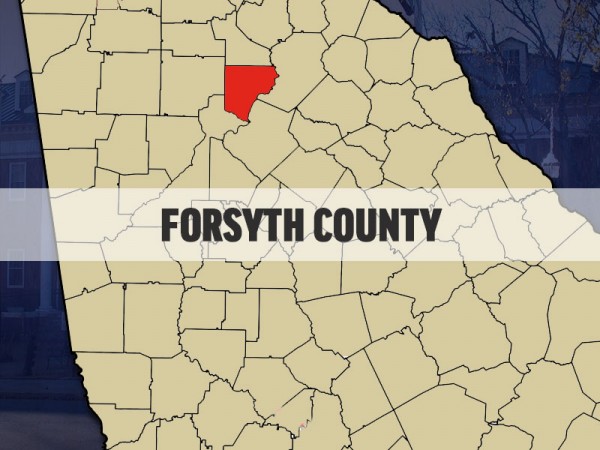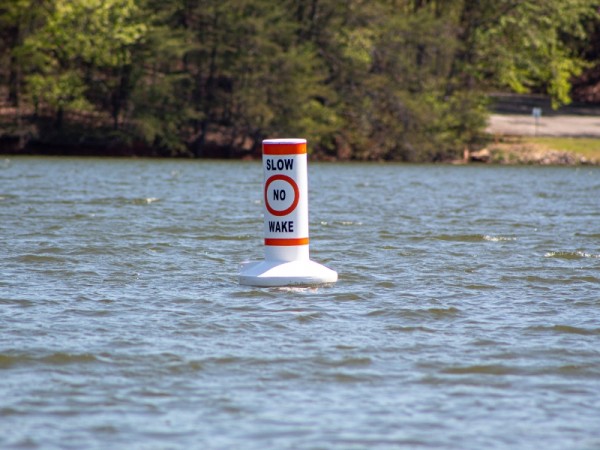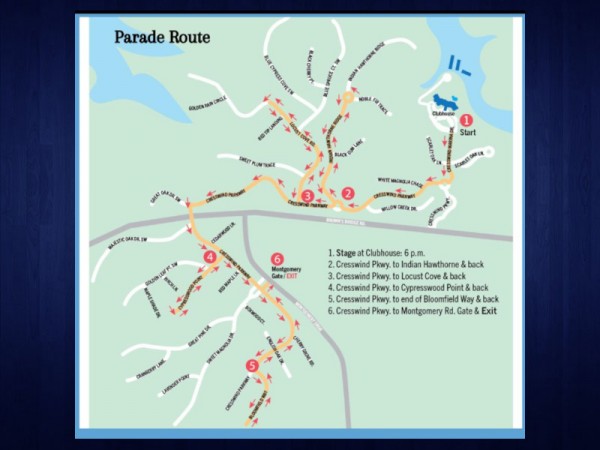Dear Lieutenant General Bostick,
I am writing to express my deep concern over a recent United States Army Corps of Engineers (USACE) policy changing the way property owners are to complete applications for Shoreline Use Permits (SUPs) and licenses.
In a press release dated December 28, 2015, the Savannah District of the USACE announced, “in an administrative change, the Savannah District will no longer use a consolidated SUP and license application. Beginning in 2016 the SUP and a license must be separate documents. Both documents will also require the applicant to provide a taxpayer identification number. For most people this is the Social Security number. The identification number will not be stored or transmitted electronically.”
On January 7, 2016, the Mobile District issued a similar notice, noting that the change affects property owners on USACE projects throughout the Southeast. Previously, land and water permits were issued in a consolidated manner and property owners were required to fill out one application. However, the new policy requires that land based permits go through the Real Estate Division of the USACE while water based permits continue to be processed by the local project office. Unfortunately, project offices are left with the burden of processing permits, implementing the new system, and dealing with the added red tape.
The change—which ends a decades long policy—will affect thousands of residents in Georgia alone. Yet the Corps insists that the change is minor, transparent, and “administrative”. For affected residents, however, this change was abrupt and unexpected. Overall, the change impacts property owners at Corps projects located across the Southeast, including thousands of residents in the ninth Congressional District.
I have heard from numerous sources that the Corps has sought public comment for shoreline management plan changes affecting as few as 50 to 60 people, yet in this case the Corps decided to operate absent any public input for a change that has the potential to affect thousands of people.
This is particularly notable given that it is well established in case law dating back to the 1970s that “substantive rules grant rights, impose obligations, or produce other significant effects on private interests.” Substantive rules require a notice and comment period under the Administrative Procedures Act. However, despite the fact that the Corps policy change imposes obligations and produces significant effects on private interests, the Corps appears committed to claiming the policy change was interpretative, and thus did not require notice.
The change in policy appears to ignore the fact that the consolidated permit and license process has largely been an efficient process. Separating the application and approval process for shoreline use permits and licenses will not only create an extra cost on local offices as they deal with new administrative burdens, it will create an added cost on residents in the form of new or increased fees. Additionally, the new process appears to achieve little while adding bureaucratic hurdles and leading to a less efficient process that will cost more and take longer. For example, I heard from one constituent that after he completed his dock permit, he was sent nine additional pages of paperwork to complete—a clear change from previous practice. The Lake Hartwell and Lake Lanier Associations have both voiced their displeasure with the additional burden that will be placed on those property owners across both basins.
The Corps failed to engage the public and instead implemented a burdensome change on property owners in a way that defies both transparency and logic.
In light of the changes, I am seeking additional information as to how these decisions were made. Specifically, I would like the following information:
• This policy change affects the South Atlantic division. How does the new policy compare to others nationwide? Why has the South Atlantic division been targeted by unannounced yet far-reaching policy changes?
• Did Corps Project offices have the opportunity to comment on the changes to the shoreline management plans? If so, was their input incorporated into the policy changes? If not, why not?
• I understand the changes as a whole may require a new system to handle permits, but that system is not yet implemented. At a minimum, why did you not wait to implement the changes until the new system was functioning?
• How did you decide that the policy change regarding the application process for permits and licenses was minor and did not warrant public comment, given that it could affect thousands of people?
• I understand that the legality of this policy change was debated for several years. Based on that information, why did the Corps not provide notice to either Congress or the public?
• Since the policy change did not happen overnight, why did the Corps wait to provide notice of the update until only three days before implementation in one case, and until after implementation in another case?
• Given that the changed process involves more people and more paperwork, it is likely costs will increase. Will permit and license fees increase for residents, and if so, when and by how much? How will you notify affected residents or how do you plan to mitigate increased fees?
• All legal documentation related to the shoreline management policy change as it relates to the application process for permits and licenses.
I strongly encourage the Corps to consider rectifying this situation as expeditiously as possible. It is my hope that your office will recognize the efficacy of, at the minimum, reconsidering the permit changes and the possibility of opening them to public comment, as was previously done with the announced irrigation policy changes.
It is past time for the Corps to operate in an open and transparent manner with the full benefit of public engagement and comment. Far too often, the Corps has implemented policy changes affecting Northeast Georgians without notice or explanation. An open dialogue and a consistent process for public notice would go far in rebuilding trust and cooperation between the community and the Corps.
I look forward to hearing from you on the steps you will take to provide relief to the affected residents. I appreciate your attention to this matter and look forward to receiving a response by March 13, 2016.
Sincerely,
Doug Collins
Ninth Congressional District of Georgia
cc: Ms. Brenda M. Johnson-Turner
Director of Real Estate Division
United States Army Corps of Engineers
Saturday
April 19th, 2025
1:02AM
















